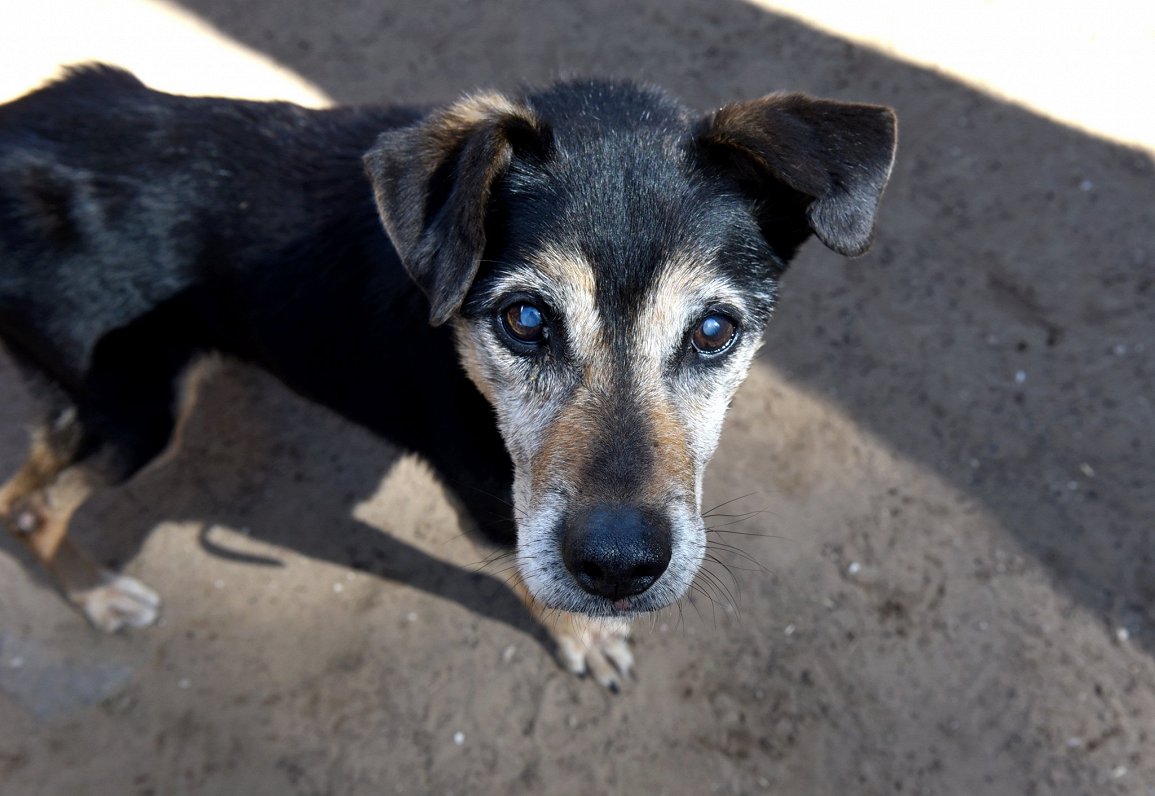The PVD has launched increased controls on commercial shipments of dogs and cats at the external border of the European Union, including taking animal blood samples for an examination of antibodies against the rabies vaccine virus to see if the animals have actually been vaccinated.
In six of the 14 blood samples currently examined, the rabies antibody titer is very low. This means that the level of antibodies in these animals' blood is insufficient to protect against rabies.
In all cases, too-low levels of antibodies have been detected in dogs entering the European Union (EU) from Belarus and Russia with veterinary certificates issued in Belarus for the introduction of animals into the EU and Russian passports.
According to the accompanying documents, the recipients of dogs are residents living in different countries of the European Union and animal shelters in Germany but there is reason to suspect that the true destination of these animals are different countries.
More than 400 commercial consignments of pet animals, more than 1,000 dogs and cats a month, are imported into the European Union via Latvian border inspection posts from Russia and Belarus to various destinations a month. Among them, Latvia has been a destination in nine months of this year for 340 pets imported from Russia and Belarus, or about 38 animals per month.
The laboratory of the State scientific institute “BIOR”, which is the only laboratory in Latvia that conducts tests for antibodies against the rabies vaccine virus, reports that the Institute regularly receives requests from the competent authorities of European countries regarding the authenticity of the test reports.
Testing the suspicious test reports in the BIOR laboratory database concluded that most of these test reports were fake.
The PVD recalls that rabies has been eradicated in Latvia due to the systematic vaccination of wild animals, which has been carried out regularly since 2005 in spring and autumn. The last case of rabies was detected in forest animals in 2010 and in domestic animals in 2012. Latvia was officially recognized by the World Organisation for Animal Health as a rabies-free country in 2015.





























